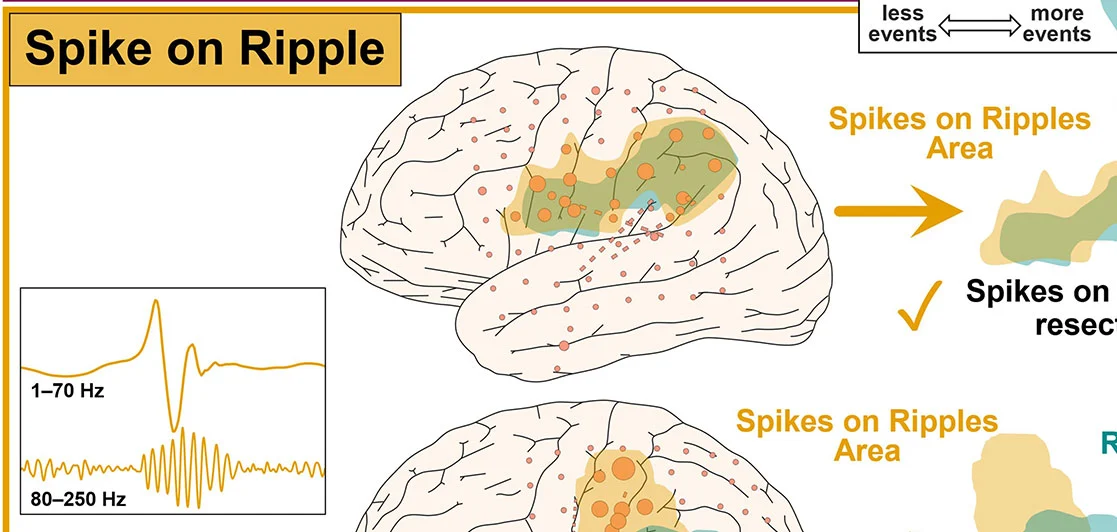Early Intervention After the First Seizure May Prevent Long-Term Epilepsy and Associated Cognitive Deficits
May 21, 2024
Article published by Penn Medicine News
According to new basic research from the Perelman School of Medicine at the University of Pennsylvania, only a very small percentage of neurons show changes after an epileptic seizure in mice, but these alterations can be permanent and trigger future seizures that can affect the whole brain and lead to impaired cognition, like memory and learning. The researchers found that only about 20% of neurons in the hippocampus, an area of the brain involved in epilepsy, were activated by seizures. “The overactive neurons lose their ability to build the strong synapses necessary for learning, which may explain why some people with epilepsy have trouble with learning and memory,” said Jensen. The researchers also identified an experimental treatment that has been shown to reduce neuronal hyperactivity, that if provided within the first 48 hours after the first seizure, can prevent these long-term changes. The findings suggest a promising target for developing treatments for epilepsy and preventing the downstream effects of seizures.






